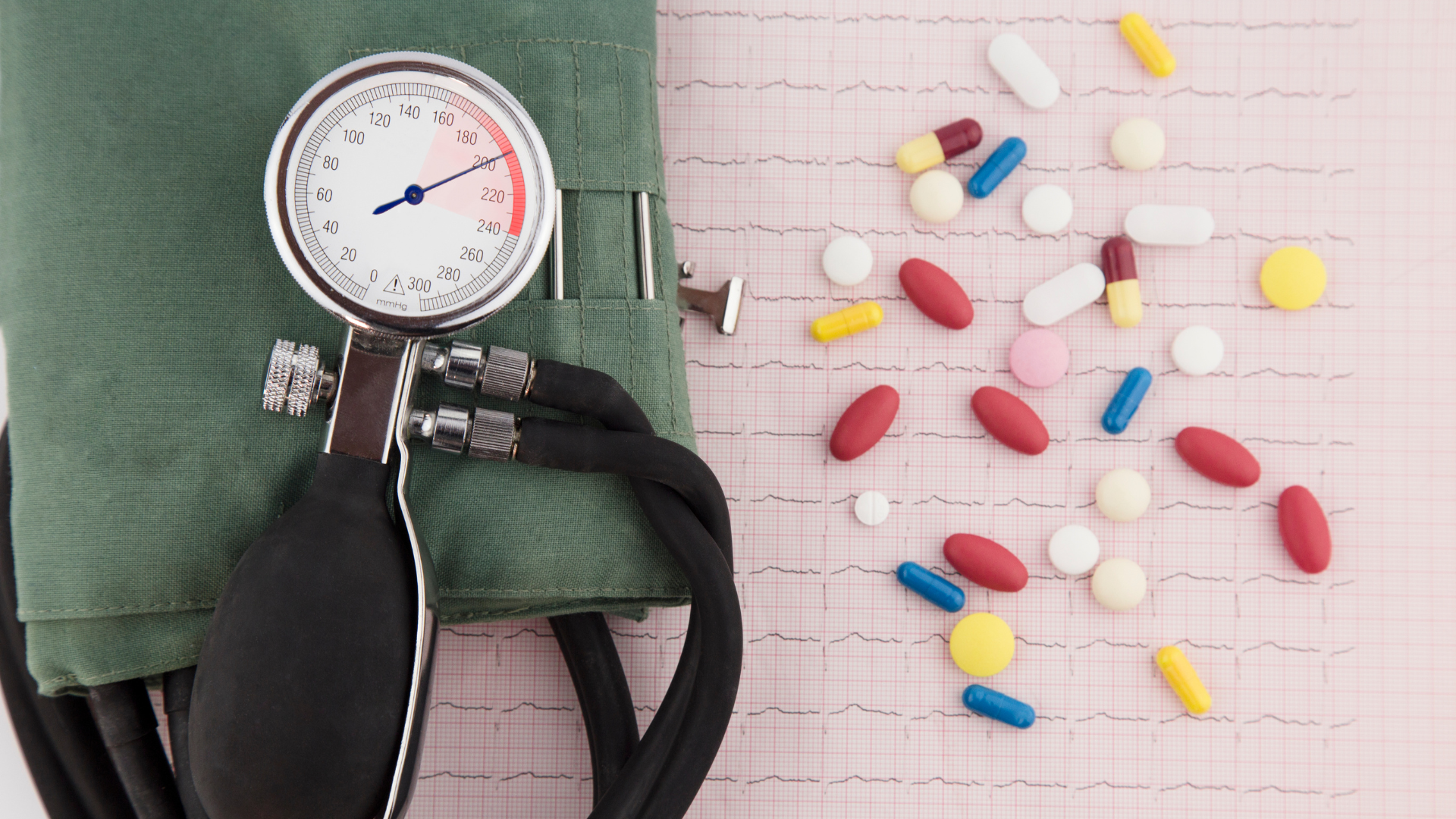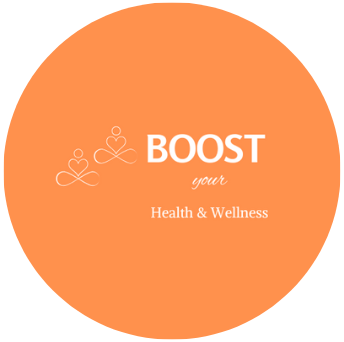
Hypertension and Cholesterol Care
Hypertension, commonly known as high blood pressure, is a prevalent condition that significantly increases the risk of heart disease, stroke, and other serious health issues. Effective management of hypertension involves a comprehensive approach tailored to individual needs, focusing on lifestyle modifications, medical interventions, and regular monitoring.
1. Lifestyle Modifications:
-

Dietary Changes:
Adopting a heart-healthy diet, such as the DASH (Dietary Approaches to Stop Hypertension) diet, emphasizes the consumption of fruits, vegetables, whole grains, lean proteins, and low-fat dairy products while reducing sodium intake.
-

Physical Activity:
Engaging in regular aerobic exercise, such as brisk walking, cycling, or swimming, for at least 150 minutes per week can help lower blood pressure.
-

Weight Management:
Achieving and maintaining a healthy weight reduces the strain on the heart and can significantly lower blood pressure.
-

Stress Reduction:
Incorporating stress management techniques, such as mindfulness, meditation, or yoga, can help manage blood pressure levels.
2. Medical Interventions:
-

Medication:
Depending on the severity of hypertension and individual health factors, healthcare providers may prescribe antihypertensive medications to help control blood pressure.
-

Monitoring:
Regular blood pressure monitoring, both at home and during medical appointments, is essential to assess the effectiveness of treatment plans and make necessary adjustments.
By engaging with these specialized services, individuals can receive comprehensive care tailored to their specific needs, aiming to effectively manage hypertension and reduce the risk of associated health complications.






